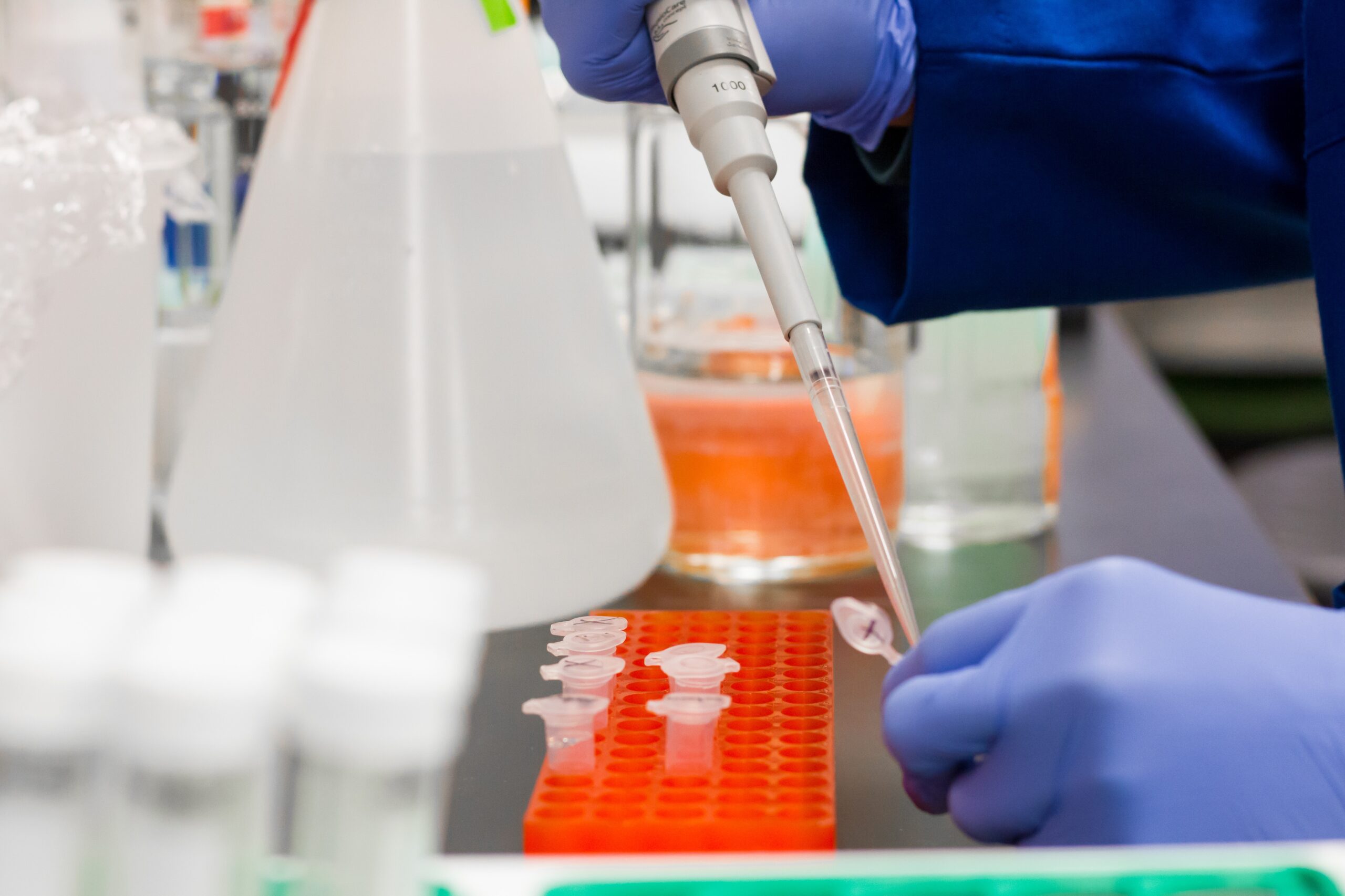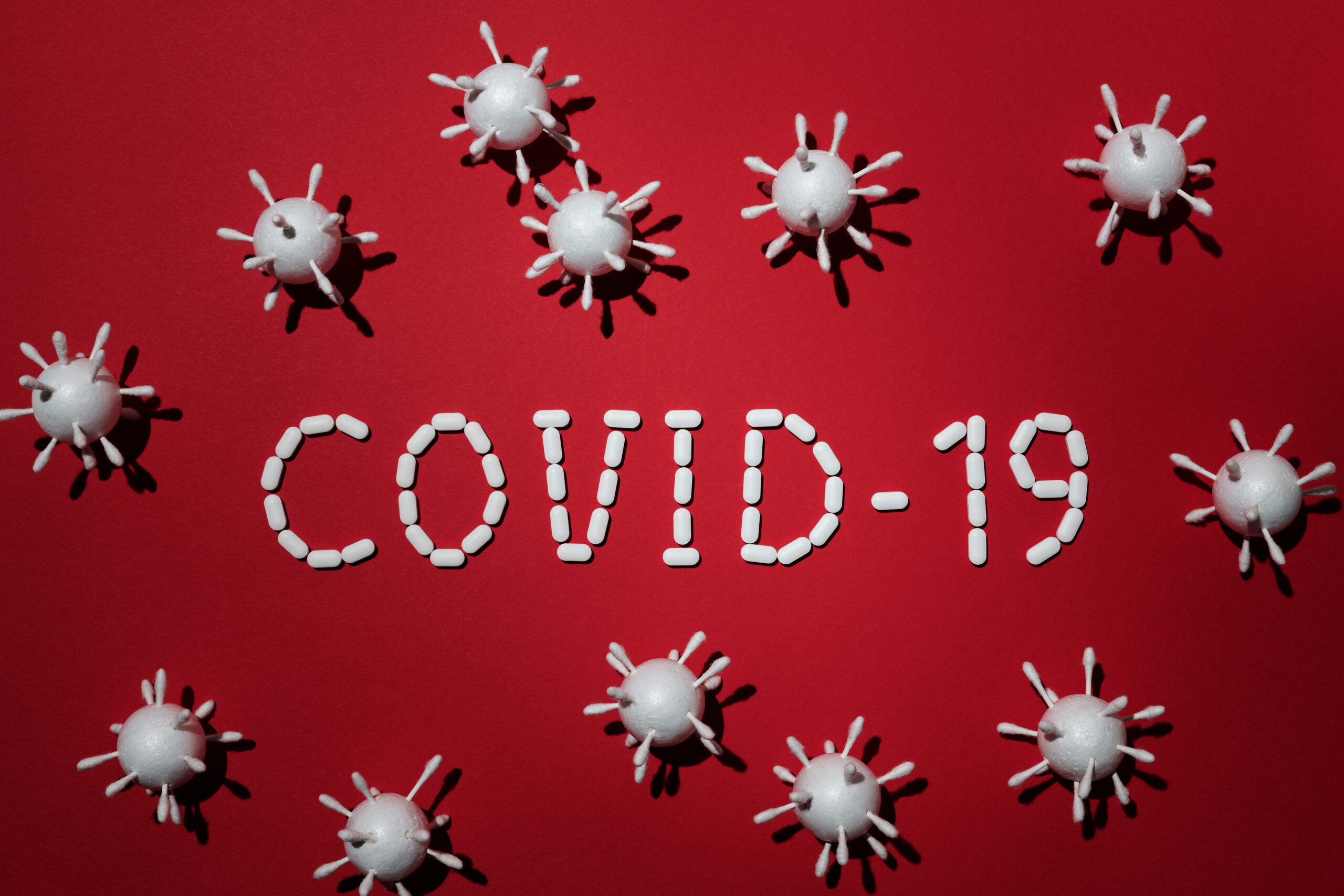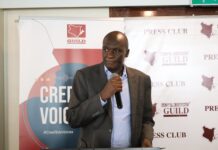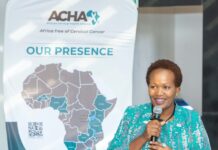By Omboki Monayo
Nairobi, Kenya: For Malawian Health Surveillance Assistant (HSA) Rashid Manganda, vaccine hesitancy is a challenge experienced on a daily basis.
Rashid, who is based in Palombe District on the Malawi-Mozambique border, recalls a trip to a village that turned into an interesting afternoon.
“What began as a routine visit to a village in the Palombe District’s border region turned into a vaccine safety demonstration exercise,” he says.
Vaccine hesitancy is defined by the World Health Organization (WHO) as the “delay in acceptance or refusal of vaccines despite the availability of vaccination services”.
WHO has recently highlighted this phenomenon as one of the ten threats to global health.
“Accurate, timely, and easily accessible knowledge will help the public to understand the importance of vaccines as well as the need to take them in large numbers to rapidly achieve herd immunity,” she said.
(AVAC) media symposium held in Salima, Malawi, between November 12-15, 2022.
Journalists from Malawi, Zambia, Zimbabwe, Uganda, and Kenya attended the consultative symposium that also played host to several medical experts, activists, and government officials.
Kenya was represented by members of the Media for Environment, Science, Health, and Agriculture (MESHA).
Part of Rashid’s duties involves creating awareness of vaccines and administering them to the people. On this particular day, he and his colleagues were administering the HPV vaccine to villagers in a border region village.
During previous visits, the villagers had repeatedly expressed doubts about the safety, efficacy, and purpose of the vaccine, which was being given to girls aged between 10 and 15 years.
“We were surprised when the villagers locked us in one room and demanded that we also get vaccinated before they could allow us to proceed with the exercise,” says the HSA.
Mr. Manganda and his colleagues quickly consented to the request and were duly vaccinated.
Talk Africa sought to know why he agreed to take the jab which is primarily meant for young girls and boys.
“I knew that the vaccine would cause me no harm, even though it was meant for female recipients for the purpose of preventing the development of cervical cancer during their sexually active phase of life,” he said.
The move by the HSAs bore fruit.
“After we took the jab, the villagers allowed us to proceed with the rest of the exercise. No one objected to his daughters getting vaccinated,” he says.
Mr. Manganda is part of the HSA team that is tasked with carrying out vaccinations and other health-related outreaches in Malawi.
Talking to the community, he says, has been key to the success that he and his team have so far achieved.
“In the course of our work, we are confronted with several challenges, including vaccine hesitancy. It has forced us to learn the delicate art of explaining what vaccines are, what they do to protect the recipients, and the consequences of not getting vaccinated.
Talk Africa spoke to Miriam Khatumba when she arrived for her second COVID-19 dose at Khombedza Health Centre.
She received her first jab at the facility, which has been in existence since the 1970s.
“I came here for my first shot after the authorities asked us to get vaccinated,” says the 68-year-old Mrs. Khatumba.
Prior to getting her first shot, she ignored the fear-mongering that was rampant in her local community at the time.
“I usually have no time to listen to the rumor-mongers and busybodies that spread fear in the community. It was not a hard decision for me to make,” she said.
Khombedza Health Centre serves a total of 85,955 people in the wider Salima District.
According to Mr. Cosmas Phiri, who is the facility’s EPI Coordinator, at least 6,838 people, or 15 percent of Khombedza’s area residents are fully vaccinated.
Some facility clients come from as far as Chimphanga and Makanjira, situated 14 and 18 kilometers away respectively.
Ms. Khatumba who is accompanied by her husband, says the jab was vital to protect her and her household
“I want to protect me and my family members from severe COVID-19 infection and possible death,” she told Talk Africa.

Lucia Frankie, who is a traditional leader, also decided to get vaccinated and stay protected from the possibility of hospitalization in case of infection.
She received her first dose in January 2022.
“I decided to go for it so that I am protected. I also got vaccinated for the protection of my family members,” she said.
Both women were visited by HSAs who convinced them to get the jab.
Challenges
Despite the publicly funded healthcare, vaccine hesitancy remains a major concern for Manganda and other HSAs.
Rashid says the border area has low rates of vaccination and other health-seeking behaviors.
“This situation can partly be attributed to the large migrant population from Mozambique that resides in the area,” says Rashid.
“The Mozambicans living at the border region can also benefit from the free healthcare, but they mostly come to the health facilities when they are seriously sick or suffering from chronic conditions,” adds Mr. Manganda.
HSAs have now incorporated public health education in their home visits as a way to encourage more people to get vaccinated, get treated for respiratory infections, wash hands and practice proper cough hygiene.
Maureen Luba, a public health expert at the Ministry of Health, confirms that the decision to include HSAs in the fight against COVID-19 has now been included in the public health emergency management guidelines.
“Malawi recognizes the importance of HSAs in public healthcare service delivery and has included them in the COVID-19 vaccination campaign,” she says.
According to Rashid, HSAs are a vital component of the country’s immunization program.
“We go from house to house talking to the people about the need to get immunized, right from childhood. This will protect them against diseases like whooping cough, polio, and measles,” he says.
“We also recommend the HPV vaccine for pre-teen girls aged between 10-14 to prevent them from getting cervical cancer as adults. At the adult stage we encourage them to get vaccinated against COVID-19, which is a public health concern,” adds the HAS.
His team’s approach has seen more people take the COVID-19 jab.
“The community trusts us because they know that we mean what we say and we have the people’s best interests at heart, ” says Manganda.
Vaccine hesitancy is a big obstacle to the war against COVID-19.
Between January 3, 2020 and December 9, 2022, the World Health Organization (WHO) reports that there have been 88,123 confirmed cases of COVID-19 with 2,685 deaths reported in Malawi.
Malawi plans to vaccinate 10.97 million people or 60 percent of the population.
Researchers Qun Ao, Robert Egolet, Hui Yin, and Fuqian Cui carried out a cross-sectional study in the country covering a total of 758 participants in 2021.
“Of these, 189 or 24.9 percent were vaccinated. A further 271 or 35.8 percent were willing to be vaccinated but had not yet received the vaccine, and 298 or 39.3 percent refused to be vaccinated,” reads the report published in the May 2022 special edition of the Swiss MDPI journal.
So far, three out of ten or just 31 percent of Malawians have received at least one dose of the COVID-19 vaccine.
WHO data shows that a total of 5,930,743 vaccine doses have been administered as of 12th November 2022.
Some 3,920,784 people or 15.5 percent of Malawians have received at least 2 doses, with just 2.67 percent getting a booster shot.

To address the hesitancy challenge, Kay Marshall of AVAC is now calling on the media to take a leading role in debunking the myths about vaccination.
“The media should intensify efforts to dispel the rumours around the safety and efficacy of COVID-19 vaccines. This includes the misinformation being peddled by social media sites that lack scientific credibility,” she told symposium participants.
She said the problem is not unique to Africa.
“Vaccine hesitancy has been experienced and documented in the wealthier countries of the Global North including the USA, where the issue assumed political and religious angles for many who opted not to get vaccinated,” Ms. Marshall told Talk Africa.
The AVAC official believes that people’s perceptions can only be changed by availing them of the right information. “Accurate, timely, and easily accessible knowledge will help the public to understand the importance of vaccines as well as the need to take them in large numbers to rapidly achieve herd immunity,” she said.














